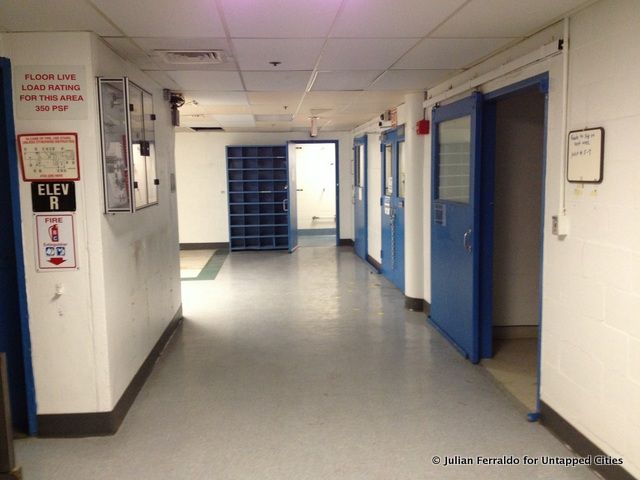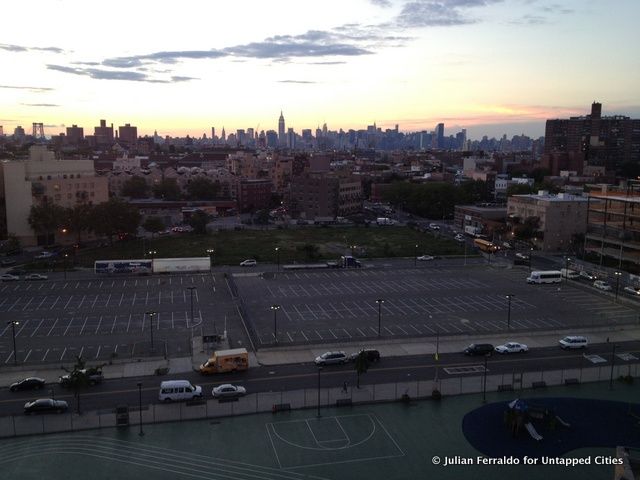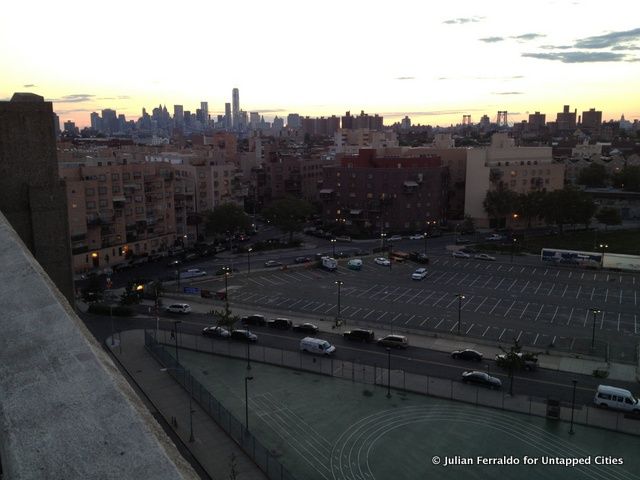Last-Minute NYC Holiday Gift Guide 🎁
We’ve created a holiday gift guide with presents for the intrepid New Yorker that should arrive just in time—


Among the columned hallways and warehouses of the 6,600 square foot complex that once headquartered pharmaceutical giant Pfizer, an ecosystem of local manufacturing and food production companies is thriving. Sculptors and kite-makers work alongside chocolatiers and whiskey distillers in an environment that breeds collaboration and innovation.
Yet only five years ago this massive structure, located along Flushing Avenue in South Williamsburg, sat vacant following Pfizer’s departure after over 150 years of occupancy. Faced with an uncertain future, battled over by politicians and developers, the plant somehow evolved into the eclectic mix of industries seen today. To capture the plant’s full transformation we must look back to 1849, when Charles Pfizer opened up his company’s original headquarters in Williamsburg. Pfizer was soon forced to expand his operations thanks to the immense popularity of Santonin, his patented toffee-flavored intestinal worm remedy. Over the next hundred years Pfizer grew into the national leader in pharmaceutical products, with a product line ranging from citric acid to antibiotics. In 1961, Pfizer relocated its headquarters to corporate offices in midtown Manhattan, signaling the beginning of a slow deterioration for the Brooklyn plant and its surrounding 15 acres.

A hallway in the Pfizer plant
The 1970s brought a wave of crime and blight over South Williamsburg, and most businesses fled the area. But Pfizer held on to its Flushing Avenue home. It established itself as a community leader, using its ample resources to provide affordable housing and a charter school on company-owned property adjacent to the plant. Many of the beneficiaries of these neighborhood improvements were Pfizer employees themselves. In 2007, Pfizer had to confront a problem more dire than neighborhood crime. Global competition in the pharmaceutical industry and the rise of generic, cheaper brands was taking an enormous toll on the business. Company-wide cutbacks forced the Brooklyn plant to close it’s doors, costing 600 people their jobs.

Leftover Pfizer poster

View from the top of the Pfizer plant

Looking towards Lower Manhattan
Hoping to continue its positive neighborhood impact, Pfizer sought a developer to turn its 15 acres into a mixed-use, mixed-income complex. But in the midst of the recession, a buyer willing to take on the massive brownfield site proved hard to come by. It probably didn’t help that a state assemblyman was simultaneously attempting to seize the property through eminent domain with the goal of turning it into 1,700 units of affordable housing. Two years of headaches later Pfizer finally reached a deal with Acumen Capital, who bought up the abandoned plant with the intention of reintroducing local manufacturing into the building. Acumen co-founder Jeff Rosenblum faced a host of challenges to clean up the sprawling 8-story building, but once spaces began to open up he had no trouble finding tenants. Affordable manufacturing space in a hip neighborhood drew in local artisans and entrepreneurs of all kinds.
The plant now operates almost as an incubator, similar to Brooklyn Navy Yard, where companies can bounce ideas off each other and share equipment and resources. This atmosphere has proven especially enticing for small food and beverage producers, who have joined together to create a culinary mecca. Village Fishmonger, Mille-feuille Bakery, Kambucha Brooklyn, Delaney Barbecue, Liddabit Sweets, Sfoligni, and Milk Truck are just a sampling of the diverse group that call the Pfizer plant home. Future plans for the building include a farmers market and first-floor retail, which will hopefully make the building more accessible to the surrounding community and continue its legacy as a neighborhood centerpiece.
Read about other industrial revitalization projects including Industry City in Sunset Park featuring the NYC-based distiller, Industry City Distillery, and the Brooklyn Army Terminal.
Subscribe to our newsletter